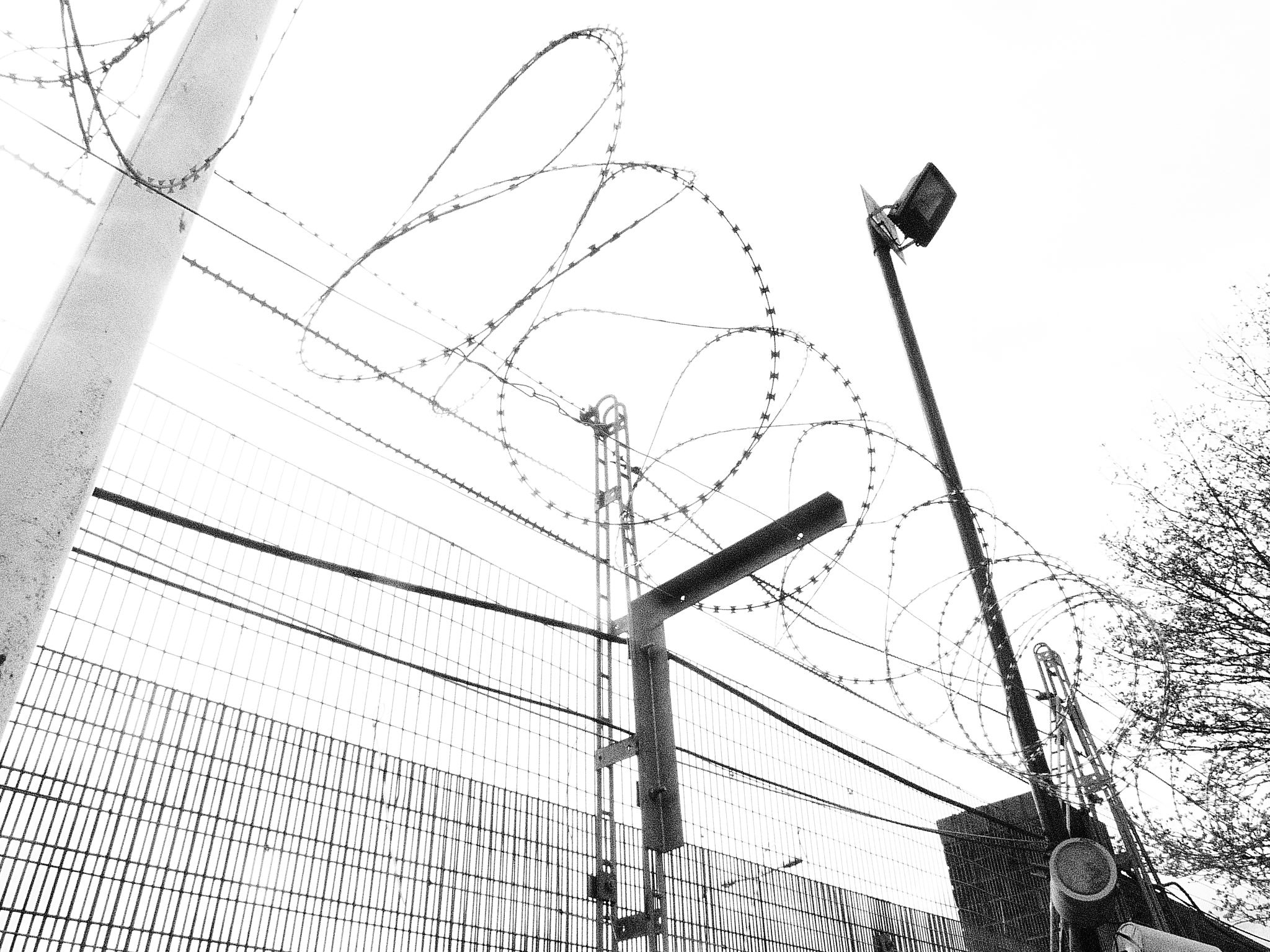Six years to the day since Prince Kwabena Fosu was found dead in Harmondsworth Immigration Removal Centre, the Crown Prosecution Service (CPS) has overturned its decision to pursue criminal charges against the companies that were in charge of his care. His family has reacted to the reversal with incomprehension. ‘This is not justice,’ said Fosu’s father.
Fosu, a 31 year-old from Ghana, died on 30 October 2012. He had been booked on a flight to leave the UK, due to depart less than a week later. Prior to his death, Fosu had been confined to his cell at Harmondsworth for six days – he was left there naked and without a bed or mattress.
In April 2017, the CPS eventually decided to level charges against GEO Group UK Ltd and Nestor Primecare Services Ltd for breaching the Health and Safety at Work Act. The more serious charge of corporate manslaughter was not brought. GEO Group ran Harmondsworth at the time of Fosu’s death, with Nestor providing healthcare services.
The decision, taken earlier this week, reverses the position taken by the CPS just 18 months ago. Fosu’s father commented: ‘For a bereaved family, it is difficult to understand why there is such delay in the criminal decision-making process.’
He added: ‘How can I now explain to the wider family on the anniversary of Prince’s death, that we have got nowhere in six years? How can I explain why the prosecution decision has been reversed? How can it be acceptable to treat a bereaved family this way?’
‘We had hoped this trial would shine a spotlight on the inhumane treatment of Prince,’ said Deborah Coles, director of INQUEST, a charity that helps bereaved families to deal with the aftermath of state-related deaths. ‘The culture of impunity for private companies and the Home Office, in the face of well documented ill treatment of detainees, is shameful.’
The latest official inspection at Harmondsworth, conducted in October 2017, revealed that 47% of detainees felt unsafe in the detention centre. There had been 55 recorded incidents of self-harm in the previous six months. As parliament’s joint committee on human rights continues its inquiry into immigration detention, it remains to be seen whether changes to the system will be formally proposed.
The solicitor for Fosu’s family, Kate Maynard, called the reversal ‘dysfunctional’, adding that it illustrated the prevalence of ‘systemic delay[s]’ in death in custody cases. Maynard added that the CPS needed a ‘culture change’ to offer bereaved families ‘a decent, efficient and humane service’.
It is believed that sickle cell crisis caused Fosu’s death. Sickle cell crisis occurs when blood cells block up blood vessels, causing severe pain for several days. The NHS indicates that such crises may be brought on by cold weather, dehydration, stress or strenuous activity.
Meanwhile, an inquest into the death was postponed pending any criminal proceedings, meaning that his family still has no conclusive understanding of how and why Fosu died.







